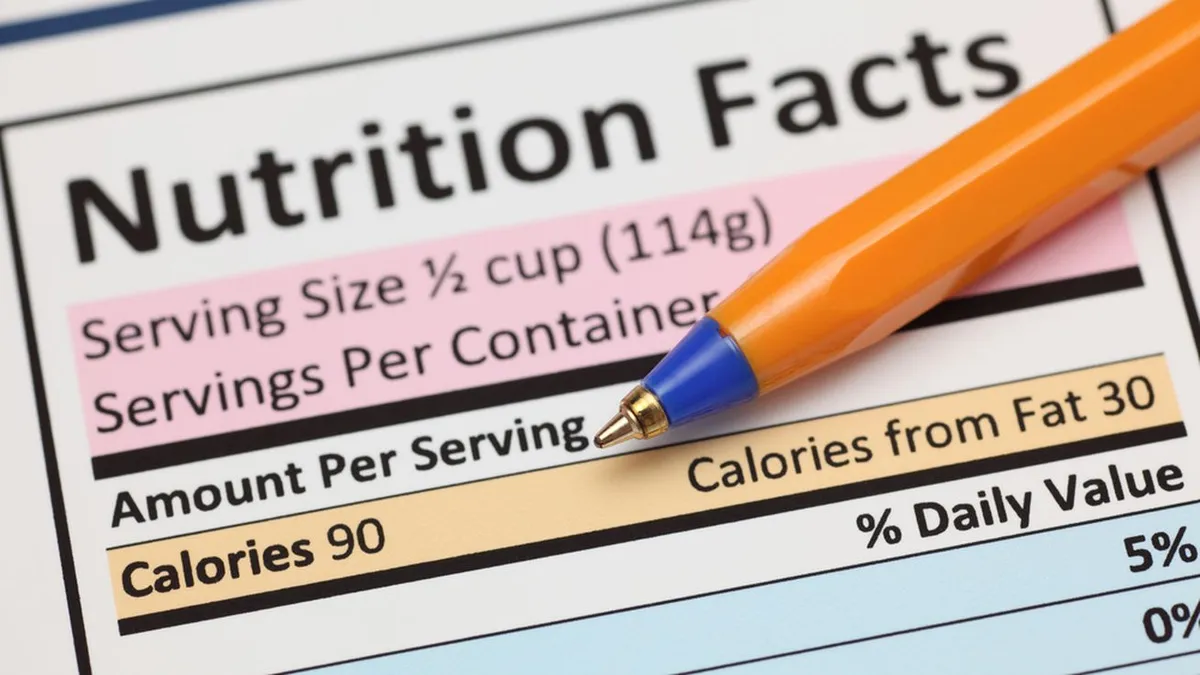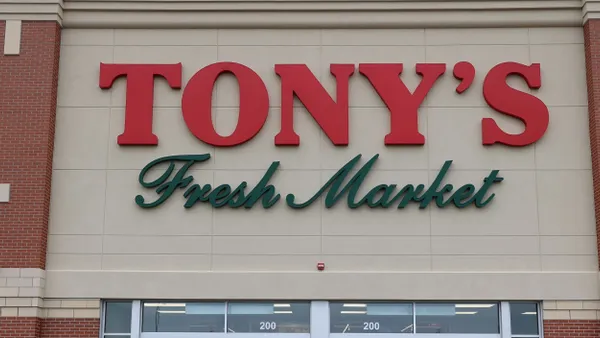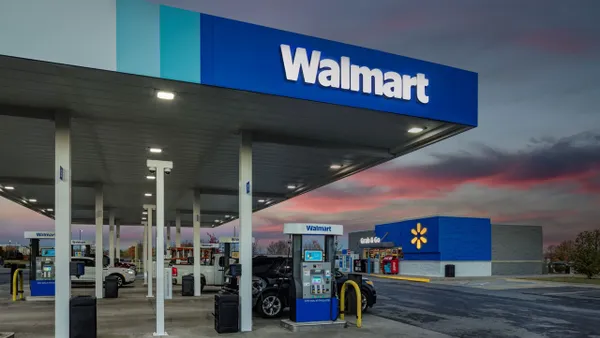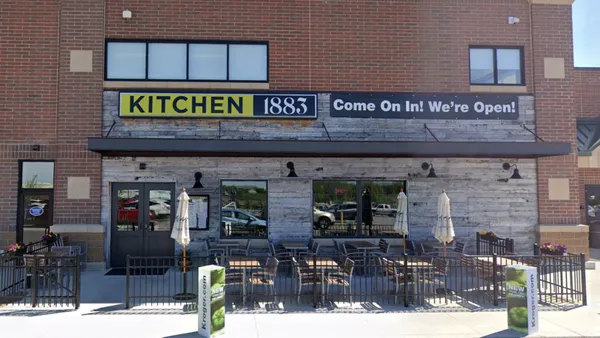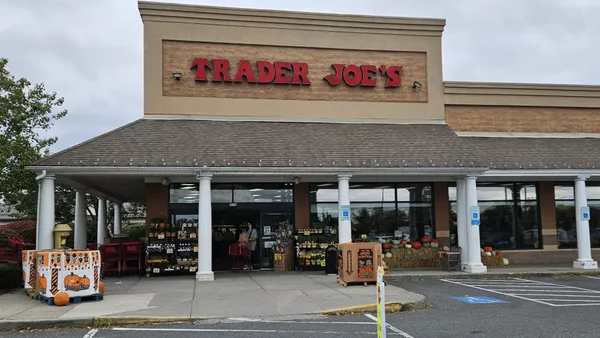Dive Brief:
- Kroger’s healthcare division has started offering free virtual consultations to shoppers to help them select nutritious products to purchase at the grocery store, according to a company press release. The service will remain in place for the duration of the pandemic.
- The service allows people to speak via video with a registered dietitian who will offer advice in building shopping lists that fit their budgets and help them handle food-related health issues, such as weight management and eating disorders.
- Fifty-one percent of people are cooking and baking more frequently now than they did before the COVID-19 crisis began, while only 4% are doing so less often, according to 84.51°, Kroger’s data science unit. Nearly half are snacking more, and 40% have increased the amount of packaged foods they buy.
Dive Insight:
Kroger’s decision to offer free access to nutrition experts builds on a variety of steps food retailers have taken to promote their image as public health custodians.
In April, Giant Food began virtual classes to provide advice about healthy eating habits and disease management at no charge. Weis Markets, meanwhile, recently struck a partnership with telehealth provider Healthie to connect customers with registered dietitians via video chat.
While some grocers have shifted into the healthcare space more during the pandemic to fill the void as customers stay away from nonessential medical visits, many were already moving into the segment. ShopRite, for example, unveiled a virtual dietitian program in early March, days before the health crisis erupted in the United States.
A survey of more than 20,000 stores conducted by FMI in late 2019 found that 85% employ dietitians. Seventy-one percent of respondents indicated they saw promoting health and wellness as an avenue for growth, while 70% said they offer health-oriented programs online.
Kroger was also focusing on the healthcare space long before the coronavirus outbreak. Last year it launched Kroger 360care to expand its healthcare services and provide patients with access to affordable high-quality care. It also operates over 200 Little Clinic locations across nine states and more than 2,000 pharmacies.



